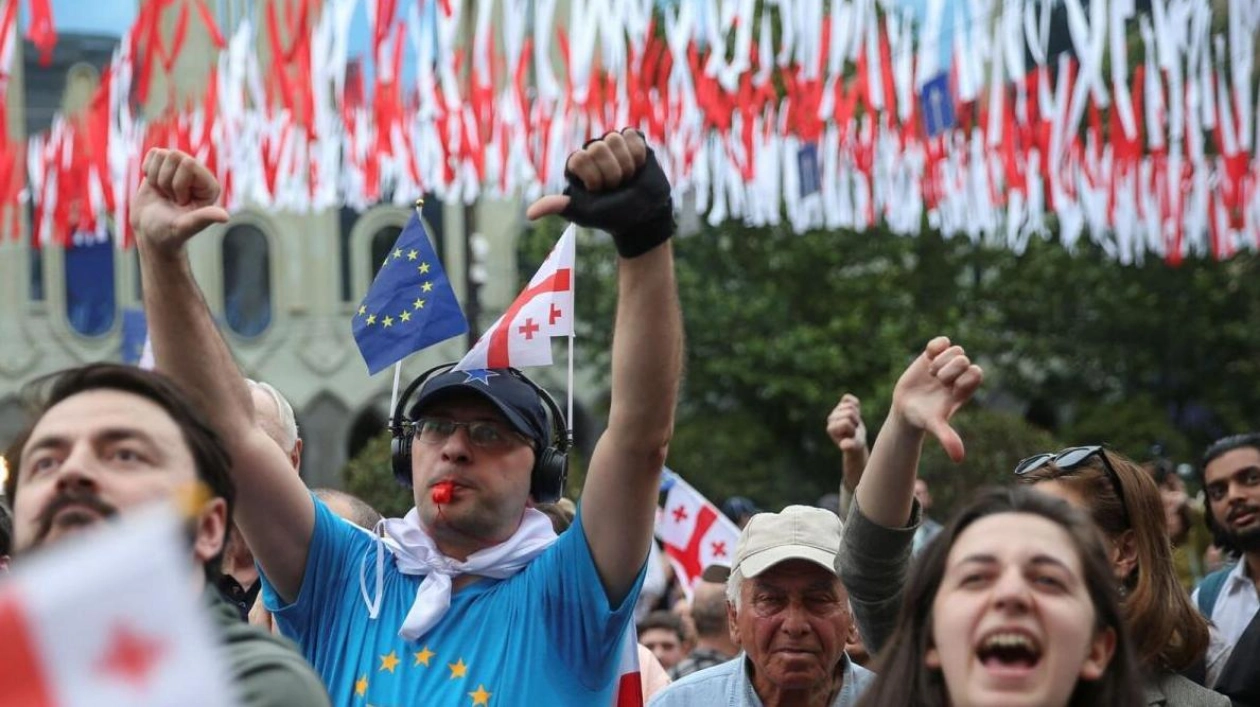Georgia's parliament approved a controversial law targeting NGOs and the media, despite warnings from Western countries about its potential impact on the country's European Union aspirations. The law requires organizations receiving at least 20 percent of their funding from abroad to register as "organizations pursuing the interests of a foreign power." Critics have drawn parallels between this law and repressive Russian legislation aimed at silencing dissent.
Western governments, including the United States, expressed strong opposition to the measure, cautioning that it could suppress freedom of expression in the Black Sea Caucasus nation. The European Union also voiced concerns, emphasizing that the law contradicts Georgia's longstanding pursuit of EU membership, which enjoys wide public support.
Amid protests and opposition, the bill was passed by a vote of 84 to 4, following the override of the pro-EU President's veto. The move sparked widespread demonstrations, with thousands gathering outside the parliament in defiance.
The adoption of the law has reignited public unrest in Georgia, with citizens taking to the streets for the past seven weeks. Many view this development as a reversal of previously dropped measures that had triggered public outcry. Despite the frustration and anger expressed by protestors, they remain determined not to lose hope and continue their resistance.
Opposition figures attribute the outcome to a geopolitical shift towards Russia, anticipating potential sanctions from the United States and the European Union. The situation remains fluid, with the EU considering various options to respond to these developments.






